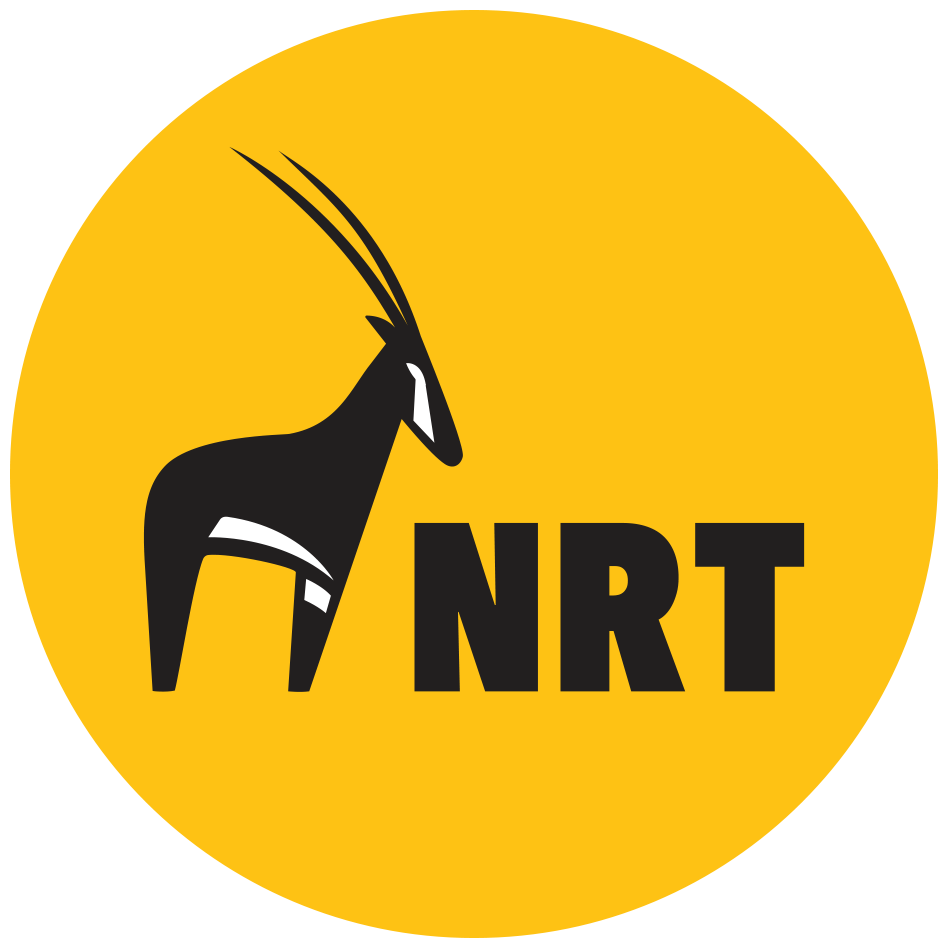NRT Statement on Key Findings and Recommendations from Due Diligence Report
A new independent due diligence report (DDR), commissioned by six of our funding partners, has been carried out by Dr. Kanyinke Sena, an indigenous Kenyan human rights specialist and former chairperson of the United Nations Permanent Forum on Indigenous Issues, in response to the grave allegations made against Northern Rangelands Trust (NRT) by the Oakland Institute Report in November 2021.
The DDR focused on the most serious allegations made in the report and found all to be false, reporting that there was strikingly little evidence to corroborate the claims against NRT. Further, it was found that the Report’s methodology used a small number of individuals as sources for almost all of the allegations, the most prominent being a single local politician. The DDR also covered allegations including conflicts, corruption, coercion and loss of rights and access to land. NRT’s own internal investigation as well as the DDR arrived at the same conclusion: the claims made were groundless and erroneous.
NRT is committed to developing long-term solutions that benefits people, land, and wildlife. We are passionate about the work we do and are proud of our progress. Being a community led organisation means we must always listen and engage and be willing to adapt. We are fully committed to being sure our operations and activities safeguard the communities in the conservancies we support, and anyone affected by our work. Building on the work we are already doing to strengthen our approach to human rights due diligence, we have adopted the report’s recommendation to complete a human rights policy and conduct additional trainings, and to develop strategies and protocols to better engage fully, and openly, with local communities.
Kenya’s community conservancies are one of the most progressive conservation models in the world and demonstrate how people and wildlife can coexist and ultimately thrive together. Further, the NRT community peace keeping programmes being implemented by communities are enabling a more stable future for the next generation.
Working across 63,000 square kilometres, NRT has improved livelihoods for over 700,000 beneficiaries. In the past five years, vocational training programmes led by community conservation methods have seen increased earnings from 90 million KES in 2016 to 415 million KES today. In addition, over 350 million KES has been provided in bursaries, school salaries, healthcare, water, trainings, and micro-finance through our Conservancy Livelihoods Fund.
NRT will continue to work alongside funding partners in projects for communities that improve lives, protect wildlife and promote peace in northern Kenya and coastal regions. We are excited for what lies ahead in 2022 and to sustain and build on the incredible work communities are achieving.
The full DDR can be accessed on The Nature Conservancy’s website: https://www.nature.org/en-us/what-we-do/our-insights/perspectives/kenya-nrt-report-oakland-institute-due-diligence/

